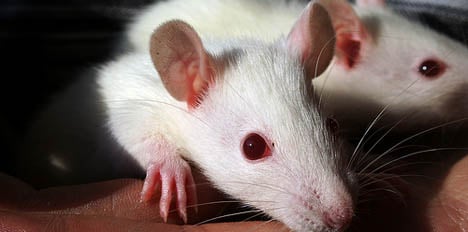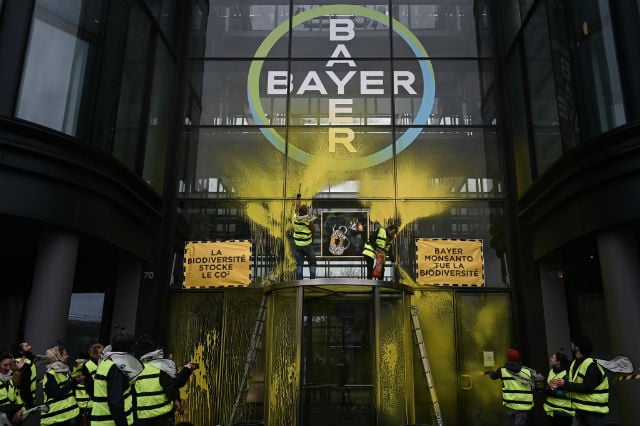"It's out of the question that those who authorised (Monsanto's) NK603 carry out a counter-study of our findings as there'd be a conflict of interest," Gilles-Eric Seralini said at a news conference at the European Parliament.
EFSA, which authorises the sale and planting of GMOs (Genetically Modified Organisms), was asked by the European Union executive Wednesday for an opinion as soon as possible, hopefully by year's end, on a study headed by Seralini.
His research team at France's University of Caen found that rats fed on NK603 corn or exposed to the weedkiller used with it developed tumours.
NK603, a corn also called maize, is made by US agribusiness giant Monsanto and was engineered to make it resistant to Monsanto herbicide Roundup. This enables farmers to use the weedkiller in a single go, enabling substantial savings.
But for EFSA to rule on the findings, it would need to see the study's original data.
Centre-right MEP Corinne Lepage, a former French environment minister, said: "We don't want people who authorised GMOs to be carrying out the counter-study."
France will seek an immediate EU ban on imports of the corn if the study linking it to cancer in rats is deemed credible, Prime Minister Jean-Marc Ayrault said Thursday.
The authors of the study have said it is the first experiment in GM food that followed rats throughout their lifespan, as opposed to just 90 days.
But their methodology and results and its relevance to humans have been questioned by other experts.



 Please whitelist us to continue reading.
Please whitelist us to continue reading.
Member comments